13 Proven Benefits Of Onion Juice For Hair, Skin, And Health
Allow onion juice to work its magic and watch the wondrous visible results unfold.
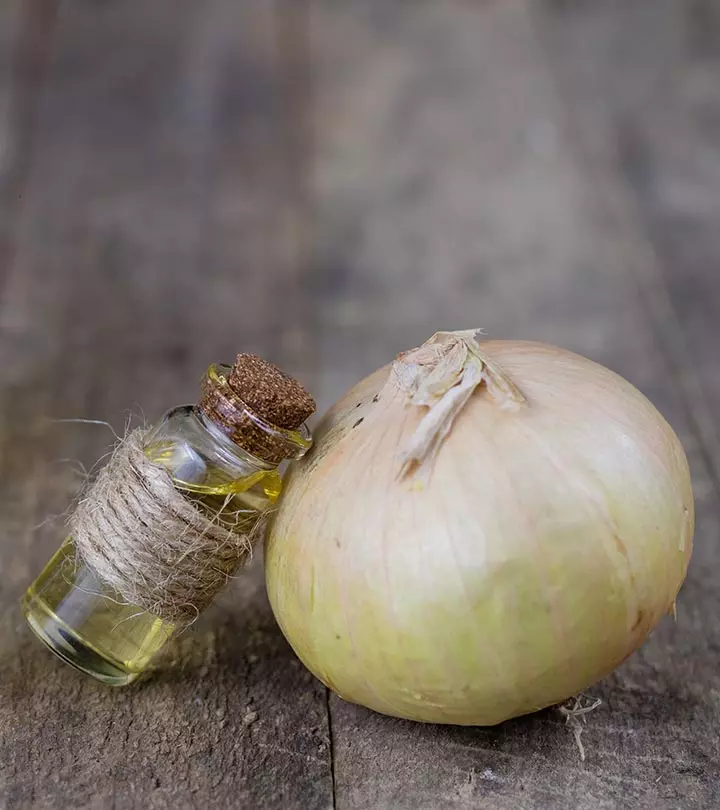
Image: Shutterstock
Onions are used in most dishes that you eat. The benefits of onion juice extend beyond the rich taste it adds to your dishes. Onions are members of the Allium genus of flowering plants.
Onions possess medicinal properties and contain numerous minerals and vitamins. These vegetables are used to treat ailments of the skin and hair and other health issues like diabetes, heart diseases, and inflammation.
But how about consuming onions in the form of their juice? Is that going to help you? In this article, we will discuss that.
 Know Your Ingredient: Onion Juice
Know Your Ingredient: Onion JuiceWhat Is It?
It is the liquid extracted from sliced onions.
What are Its Benefits?
It contains several beneficial anti-inflammatory, antimicrobial, and antioxidant properties that may boost hair health, prevent wrinkles, and promote digestive health.
Who Can Use It?
Those who don’t have an onion allergy and are looking to improve their skin or hair health. People with acne, diabetes, eye issues, ear infections, fertility problems, and sleep issues.
How Often?
It is safe to use onion juice topically once or twice a day. Excessive use could cause skin irritation or damage. Consume onion juice as recommended by a doctor, dietician, or nutritionist.
Caution
Individuals with sensitive skin should be cautious when using onion juice topically, as it may cause irritation or allergic reactions.
In This Article
What Are The Benefits Of Onion Juice?
Onion juice is a powerhouse for your health. In fact, there are some surprisingly interesting benefits to using it, such as:
1. May Boost Hair Health

Applying onion juice for hair growth is a natural remedy that many people swear by, as it helps strengthen hair strands and promote thicker, fuller hair. The sulfur in onion juice boosts collagen production – and this could enhance hair growth as well.
According to an Iraqi study, the juice can boost hair growth and treat conditions like alopecia areata (sudden hair loss), thus improving hair thickness. In the study, individuals washing their hair with onion juice experienced more hair growth due to its hair loss prevention properties (1).
Onion water may add shine to your hair. The antimicrobial properties of the juice may help in dandruff prevention and fighting fungal scalp infections. Using onion juice for dandruff helps cleanse the scalp, reduce flakiness, and alleviate itching. It boosts scalp health, resulting in improved hair strength as the hair follicles grow healthy.
2. May Fight Acne
The antimicrobial and antifungal properties play a role here.
In a study, a gel containing extracts of onion had improved acne scars in patients. This gel improved the appearance of the scar by reducing redness and inflammation. The study concluded by stating that onion extracts could be used as potential treatment options for bacterial and fungal infections (2).
Apply onion juice to your face and leave it on for 10 to 15 minutes. Wash your face with warm water. But be careful; don’t let the juice get into your eyes. Also, ensure not to apply the juice on open blisters. If you have sensitive skin, please consult a doctor before you use the juice.
Some sources also suggest that the juice can aid treatment of psoriasis. However, there is no scientific evidence to back this up.
3. May Delay Wrinkles

The flavonoids and other antioxidant compounds in onion juice may prevent the signs of premature aging (3).
The purported anti-aging properties of onion juice may also be attributed to its sulfur content, which, as per some sources, can boost collagen production and fight premature aging. More research is required to establish these benefits.
There is no doubt regarding the antioxidant activities of onion juice. Although there are different varieties of onion, the red onion has more antioxidants than the other varieties, such as green or yellow. According to a study conducted on the antioxidant activities of onion varieties, the FRAP, DPPH, and ABTS assay of red onion came up to 41.26 μmol TE/g dw, 67.10 μmol TE/g dw, and 7.10 μmol TE/g dw, respectively.

Antioxidant Activities Of Onion Varieties
Source: In-Vitro Evaluation of the Antioxidant and Anti-Inflammatory Activity of Volatile Compounds and Minerals in Five Different Onion Varieties4. May Help Reduce Cancer Risk
There are several anticancer compounds in onions, including quercetin, anthocyanins, and organosulfur. Studies show that these compounds may help in cancer prevention and treatment (4).
Research also states that the stronger an onion’s flavor, the more effective its role could be in preventing cancer.
Quercetin is also shown to fight oxidative stress in the brain (4). Onions also contain fiber, which could help cut the risk of colon cancer. This is especially true from animal studies, if the juice is made of red onions (5). They destroy tumor cells, and this is how they aid cancer treatment and prevention.
More research is needed to further understand the mechanism of onions in cancer treatment.
5. May Help Treat Diabetes
The onion bulb extract may lower blood glucose levels, and that is good news for people with diabetes.
The veggie is low in calories and also increases your metabolic rate, and this can help manage diabetes symptoms (6).
And as per another Korean study, intake of onion extract may be effective in lowering plasma glucose levels (7).
6. May Fight Inflammation

The quercetin in onion juice has shown to inhibit leukotrienes, prostaglandins, and histamines – all of which are known to cause inflammation in osteoarthritisi The most common type of arthritis (joint pain) that occurs due to aging, injury, and excess body weight. (8).
An Iranian study showed similar results. Rats going through acute and chronic stages of inflammation, when supplemented with onion juice, showed improvement in their condition. Fresh onion juice was found to inhibit both acute and chronic pain and inflammation, with a greater effect on inflammation alone (9).
Onion juice intake can also prevent bone disorders associated with inflammation. Studies show that taking the juice can boost bone mineral density in postmenopausal women, making it good for your bone health. (10).
7. May Boost Your Immunity
Onions contain selenium, a nutrient that may boost immunity levels. Selenium triggers an immune response and suppresses excessive immune response (11). Thus, boosting immunity is one of the many benefits of onions and their juice.
Also, immune cells deficient in selenium are vulnerable to more oxidation. These cells also face difficulties in producing protein and transporting calcium (12).
Onion juice may also benefit people with asthma and other respiratory ailments (13). Some believe the juice also stimulates the excretory organs and strengthens them, including the lungs.
The anti-inflammatory compound quercetin in onion juice can also fight inflammation and other allergies (14).
8. May Enhance Your Vision

The antimicrobial properties of onion juice can help treat eye infections, like conjunctivitisi An inflammation or infection of the outer membrane that lines the eyelid and white part of the eyeball. and blepharitisi An inflammation of the eyelid that affects both eyes along the edges of eyelids, eyelashes, and tear production. . Experiments done on rabbits found that the juice could have an inhibitory effect on the growth of eye flora (15).
The juice may also prevent cataracts. In rat studies, instilling onion juice prevented selenite-induced cataracti A cloudy area in the lens of the eye that leads to a loss of vision in one or both eyes due to aging, genetics, and trauma. formation (16).
9. May Help Treat Nail Fungus
Studies show that the antifungal properties of onion juice (aqueous extracts of onions) can fight Candida albicans, a pathogenic yeast that can cause fungal infections in humans (17).
Apply the juice to the affected toenail using a cotton ball. You can also secure the cotton ball to the toenail with a bandage or a tape. Leave it on for an hour and then wash the juice off with lukewarm water. Pat dry. Follow this once a week.
10. May Treat Ear Infections
A report published by the Cambridge University Press states the ability of onion juice in treating ear infection and earache (18).
We need more research in this regard, though. Please consult your doctor before using the juice for this purpose.
11. May Improve Sleep And Mood

There is more research required in this connection. But some studies show that the folate in onion juice can improve mood and fight depression (19).
Folate works by preventing the build-up of homocysteine, a chemical that keeps blood and other nutrients from reaching the brain. Excess production of homocysteine also interferes with the production of serotonin, the feel-good hormone (19).
Other hormones, like dopamine and epinephrine, also help regulate sleep, and this is where the folate in onions comes into the picture. It supports the production of these hormones in the body (20).
12. May Improve Fertility
Studies show how the juice can increase testosterone levels. This can be attributed to the antioxidant activity of onions, which promotes sperm health. In a Jordanian study, ingesting onion juice to male rats improved their testosterone levels (21).
In another study, onion juice had shown to improve copulatory behavior in sexually potent male rats (22). The juice had achieved this by boosting serum testosterone levels.
13. May Help Treat Cold, Flu, And Cough
Onion has been used in traditional medicine for treating many ailments like headache, cough, fever, and sore throat (23). The World Health Organization recommends the use of onion extracts for treating respiratory issues like cough, bronchitis, asthma, and other allergic diseases (24). However, more research is required in this regard.
In addition, onion juice has been used in traditional medicine as a natural remedy for the common cold and other associated issues (24). Anecdotal evidence suggests that the antibacterial and antiviral properties of the juice may help relieve symptoms of cold and flu.
 Trivia
TriviaThese are the different ways onion juice can benefit you. In the following section, we have explained how you can prepare onion juice right at home.
All these onion juice benefits come from its rich nutritional properties. Take a look at it in the following section.
Key Takeaways
- Onion juice contains sulfur that may boost collagen production and enhance hair growth.
- Onion extract may help regulate blood glucose levels that may benefit people with diabetes.
- Onion juice contains certain nutrients that help curb inflammation in osteoarthritis.
- If you have sensitive skin, always do a patch test before you apply onion juice to your skin.
Nutritional Value Of Onion Juice
Onion juice is a concentrated source of nutrients. The juice of 1 large onion may contain the following vitamins and minerals (25):
- Vitamin C: 11.1 mg
- Vitamin B6: 0.18 mg
- Calcium: 34.5 mg
- Magnesium: 15 mg
- Phosphorous: 43.5 mg
- Potassium: 219 mg
- Zinc: 0.255 mg
- Selenium: 0.75 µg
- Beta Carotene: 1.5 µg
How Do You Make Onion Juice?
- Peel about 3 to 4 onions and chop them into pieces.
- Add the pieces to a juicer and extract the juice.
- Transfer it to a container and drink it.
- You can also add the pieces to a blender and consume the paste.
 Quick Tip
Quick TipConnie, a beauty blogger, shares how her hair came out in clumps, leading to visible bald spots and how she treated the issue. She writes, “I place macerated raw onions and herbs on my scalp. That is my secret (i).” She further adds that she combines them with other ingredients like garlic, apple cider vinegar, distilled water, and red peppers to increase the effect of raw onion, remove dead skin cells, boost circulation, and stop hair fall.
Consuming this juice can offer certain benefits. But does onion juice have any side effects?
What Are The Side Effects Of Onion Juice?
Though the side effects of onion juice are not very common and may vary from person to person, understanding them can help you stay cautious and prevent possible complications.
- Possible Issues During Pregnancy And Breastfeeding
Since there is not enough research done in this regard, pregnant and breastfeeding women should consume onion juice in limited amounts. Consult your doctor for more information.
- May Lower Blood Sugar Way Too Much
Onion juice can lower blood sugar (26). If you are already on diabetes medications, the juice may lower your blood sugar levels way too much. Please check with your doctor – they may adjust the dosage accordingly.
- May Cause Bleeding Disorders
As onion (juice) may slow down blood clotting, it can increase the risk of bleeding (27). If you have a bleeding disorder, don’t consume onion juice. This is one reason you should also avoid onion juice at least two weeks before a scheduled surgery.
- May Aggravate Indigestion
If you have indigestion issues, be wary of onion juice as it can aggravate the condition and mess up your digestion. It may also trigger acid reflux or related conditions (28).
- Skin Allergies
This may happen in people with sensitive skin (29). Please do a patch test before you apply onion juice to your skin.
Now that you are aware of the possible side effects, take a look at some precautions to stay on the safe side. Scroll down to learn more.
Precautions To Take When Using Onion Juice
- Before using onion juice, always perform a patch test to prevent irritation or allergic reactions, especially if you have sensitive skin.
- Avoid touching your eyes, as it may cause intense burning or tearing.
- If the strong odor persists, you can mix it with an essential oil, like lavender or tea tree, to make it more tolerable.
- Avoid applying to irritated or damaged skin.
Infographic: Amazing Benefits Of Onion Juice
Onions have a rich nutritional profile and several medicinal properties. Using onion juice can help you in treating many of your hair, skin, and health problems. While there is a long list of onion juice benefits, there are some amazing benefits of onion juice you should be aware of.
Read the infographic below to learn about the amazing benefits of onion juice. Illustration: StyleCraze Design Team
While onions are commonly used for culinary purposes, there are many health benefits of onion juice as well. Rich in important vitamins and minerals, onion juice has medicinal properties that help improve your skin, scalp, and hair health. While it helps delay signs of aging and heals acne scars, it also helps fight inflammation and fungal infections. Along with that, onion juice may help improve your blood sugar levels and boost your overall immune system as well. You can make onion juice easily at home, and consume it or apply it topically to reap its many benefits.
Frequently Asked Questions
What are the best ways to use onion juice?
For skin and hair care, you may use the onion juice topically by combining it with the ingredients of your choice. If you wish to consume it, you may have the juice as it is or mix it with honey to mask its pungent flavor. You may also add it to marinades, dressings, or sauces.
Is onion juice good for liver repair?
Jesse Feder, Clinical Dietitian at the Memorial Regional Hospital South, says, “Onion juice can be great for liver repair and liver health. This is because it contains amino acids that contain sulfur, which can help detoxify the liver.”
Is onion juice good for knee pain?
According to Jesse, “Onion juice contains flavonoidsi A group of plant compounds like anthocyanins found in many fruits and veggies with anti-inflammatory and disease-fighting properties. that are potent antioxidants. This can help relieve knee pain as well as inflammation from arthritis.”
Is onion juice good for digestive health?
“Onion juice is a great source of fiber and prebiotics, which can help fuel gut bacteria and maintain good digestive health,” says Jesse Feder.
Is onion juice good for heart problems?
Feder says, “Since onion juice contains a high amount of antioxidants, it can reduce inflammation throughout our bodies, which can help regulate blood pressure. This can make it easier for your heart to pump blood, improve blood circulation, and keep it in good condition. Additionally, onion juice may help reduce cholesterol levels and triglycerides. This can help prevent heart disease, heart attack, stroke, and plaque buildup.” So, you may it to your daily diet to ensure better heart health.
When should I drink onion juice?
Early morning. Consuming onion juice first thing in the morning will help you achieve the maximum benefits.
Can I drink onion juice every day?
Yes, drinking a glass of onion juice every day is safe.
Does onion burn belly fat?
Possibly. Onion contains quercetin and other beneficial compounds that may exert anti-obesity effects (30).
Illustration: Proven Benefits Of Onion Juice For Hair, Skin, And Health
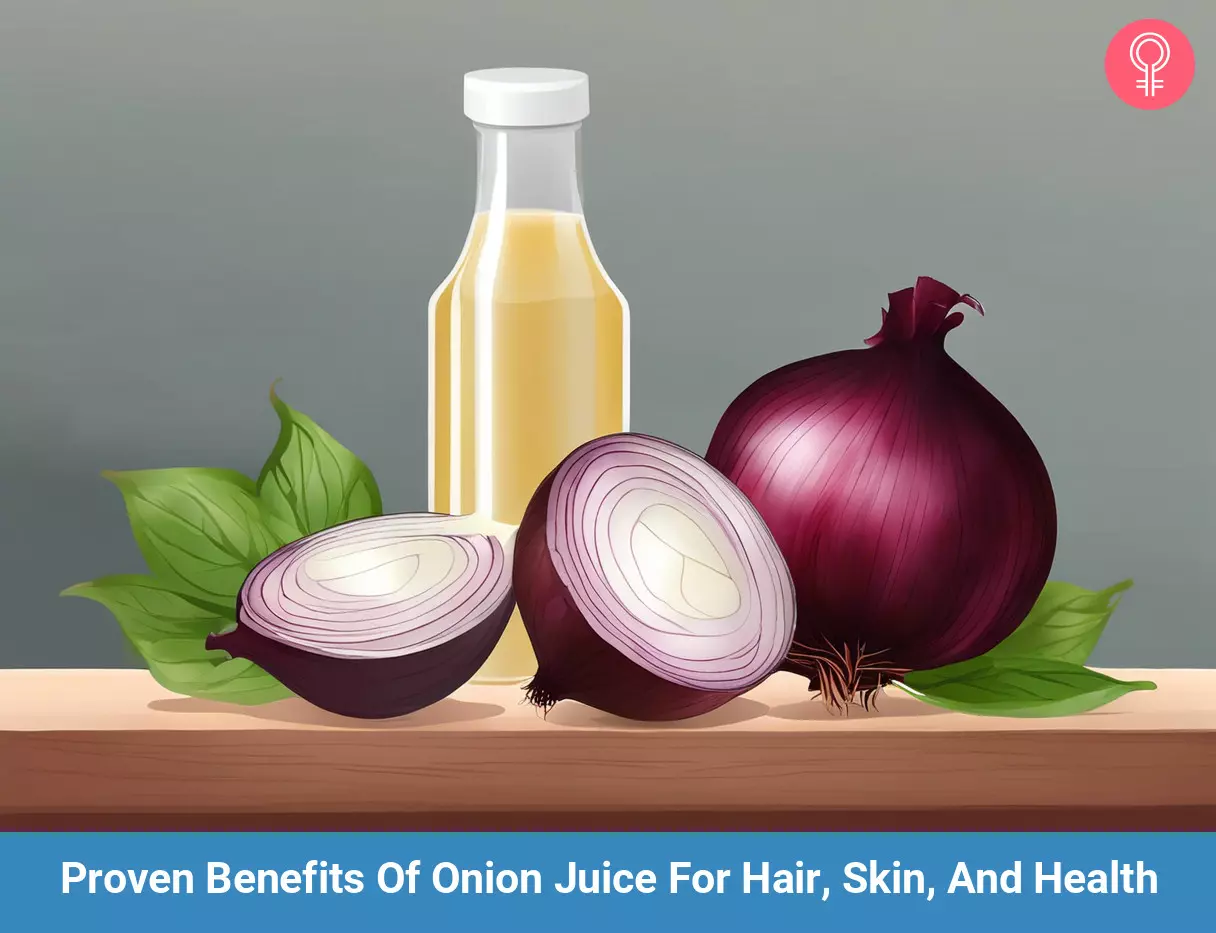
Image: Stable Diffusion/StyleCraze Design Team
Learn about the amazing benefits of onion juice. Click on this video to discover how it can help improve your overall health and well-being.
Personal Experience: Source
StyleCraze's articles are interwoven with authentic personal narratives that provide depth and resonance to our content. Below are the sources of the personal accounts referenced in this article.
i. Growing out bald spots, onion mask recipehttps://wildhairedmavens.blogspot.com/2012/07/growing-out-bald-spots-onion-mask.html
References
Articles on StyleCraze are backed by verified information from peer-reviewed and academic research papers, reputed organizations, research institutions, and medical associations to ensure accuracy and relevance. Read our editorial policy to learn more.
- Onion juice (Allium cepa L.), a new topical treatment for alopecia areata, The Journal of Dermatology, US National Library of Medicine, National Institutes of Health.
https://pubmed.ncbi.nlm.nih.gov/12126069/ - Medicinal Plants for the Treatment of Acne Vulgaris: A Review of Recent Evidences, Jundishapur Journal of Microbiology, US National Library of Medicine, National Institutes of Health.
https://www.ncbi.nlm.nih.gov/pmc/articles/PMC4740760/ - Discovering the link between nutrition and skin aging, Dermatoendocrinology, US National Library of Medicine, National Institutes of Health.
https://www.ncbi.nlm.nih.gov/pmc/articles/PMC3583891/ - Therapeutic Role of Functional Components in Alliums for Preventive Chronic Disease in Human Being, Evidence-based Complementary and Alternative Medicine, US National Library of Medicine, National Institutes of Health.
https://www.ncbi.nlm.nih.gov/pmc/articles/PMC5316450/ - Immunomodulatory Effect of Red Onion (Allium cepa Linn) Scale Extract on Experimentally Induced Atypical Prostatic Hyperplasia in Wistar Rats, Mediators of Inflammation, US National Library of Medicine, National Institutes of Health.
https://www.ncbi.nlm.nih.gov/pmc/articles/PMC4009127/ - Metabolic effects of onion and green beans on diabetic patients, The Tohoku Journal of Experimental Medicine, US National Library of Medicine, National Institutes of Health.
https://pubmed.ncbi.nlm.nih.gov/6393443/ - The antidiabetic effect of onion and garlic in experimental diabetic rats: meta-analysis, Journal of Medicinal Food, US National Library of Medicine, National Institutes of Health.
https://pubmed.ncbi.nlm.nih.gov/19627203/ - Onions can help prevent inflammation, Arthritis Foundation.
https://www.arthritis.org/health-wellness/healthy-living/nutrition/anti-inflammatory/onions-prevent-inflammation - Evaluation of analgesic and anti-inflammatory effects of fresh onion juice in experimental animals, African Journal of Pharmacy and Pharmacology, ResearchGate.
https://www.researchgate.net/publication/228481650_Evaluation_of_analgesic_and_anti-inflammatory_effects_of_fresh_onion_juice_in_experimental_animals - Consumption of onion juice modulates oxidative stress and attenuates the risk of bone disorders in middle-aged and post-menopausal healthy subjects, Food & function, US National Library of Medicine, National Institutes of Health.
https://pubmed.ncbi.nlm.nih.gov/26686359/ - The influence of selenium on immune responses, Molecular Nutrition and Food Research, US National Library of Medicine, National Institutes of Health.
https://www.ncbi.nlm.nih.gov/pmc/articles/PMC3723386/ - The Role of Selenium in Inflammation and Immunity: From Molecular Mechanisms to Therapeutic Opportunities, Antioxidants and Redox Signaling, US National Library of Medicine, National Institutes of Health.
https://www.ncbi.nlm.nih.gov/pmc/articles/PMC3277928/ - Respiratory and allergic diseases: from upper respiratory tract infections to asthma, Primary Care, US National Library of Medicine, National Institutes of Health.
https://pubmed.ncbi.nlm.nih.gov/12391710/ - Potential therapeutic effect of Allium cepa L. and quercetin in a murine model of Blomia tropicalis induced asthma, DARU Journal of Pharmaceutical Sciences, US National Library of Medicine, National Institutes of Health.
https://www.ncbi.nlm.nih.gov/pmc/articles/PMC4344790/ - Effects of Onion Juice on the Normal Flora of Eyelids and Conjunctiva in an Animal Model, Jundishapur Journal of Microbiology, US National Library of Medicine, National Institutes of Health.
https://www.ncbi.nlm.nih.gov/pmc/articles/PMC4138639/ - Preventive effect of onion juice on selenite-induced experimental cataract, Indian Journal of Ophthalmology, US National Library of Medicine, National Institutes of Health.
https://www.ncbi.nlm.nih.gov/pmc/articles/PMC2683439/ - Plants used to treat skin diseases, Pharmacognosy Review, US National Library of Medicine, National Institutes of Health.
https://www.ncbi.nlm.nih.gov/pmc/articles/PMC3931201/ - An onion in your ear, The Journal of Laryngology & Otology, Cambridge Core.
https://www.cambridge.org/core/journals/journal-of-laryngology-and-otology/article/abs/an-onion-in-your-ear/57EBB49BB63B5787EA447FEC8369FC90 - Folate intake and depressive symptoms in Japanese workers considering SES and job stress factors: J-HOPE study, BMC Psychiatry, US National Library of Medicine, National Institutes of Health.
https://www.ncbi.nlm.nih.gov/pmc/articles/PMC3439709/ - The methylation, neurotransmitter, and antioxidant connections between folate and depression, Alternative Medicine Review, US National Library of Medicine, National Institutes of Health.
https://pubmed.ncbi.nlm.nih.gov/18950248/ - Evaluation of androgenic activity of allium cepa on spermatogenesis in the rat, Folia morphologica, US National Library of Medicine, National Institutes of Health.
https://pubmed.ncbi.nlm.nih.gov/19384830/ - Fresh onion juice enhanced copulatory behavior in male rats with and without paroxetine-induced sexual dysfunction, Experimental Biology and Medicine, US National Library of Medicine, National Institutes of Health.
https://pubmed.ncbi.nlm.nih.gov/24302558/ - The effects of Allium cepa L. (onion) and its active constituents on metabolic syndrome: A review
https://www.ncbi.nlm.nih.gov/pmc/articles/PMC7894628/ - Effects of Allium cepa and Its Constituents on Respiratory and Allergic Disorders: A Comprehensive Review of Experimental and Clinical Evidence
https://www.ncbi.nlm.nih.gov/pmc/articles/PMC8452398/ - Onions, raw. U.S. Department of Agriculture
- In vivo Investigation of Anti-diabetic Properties of Ripe Onion Juice in Normal and Streptozotocin-induced Diabetic Rats, Preventive Nutrition and Food Science, US National Library of Medicine, National Institutes of Health.
https://www.ncbi.nlm.nih.gov/pmc/articles/PMC3892491/ - Effect of onion and garlic on blood coagulation and fibrinolysis in vitro, Indian Journal of Physiology and Pharmacology, US National Library of Medicine, National Institutes of Health.
https://pubmed.ncbi.nlm.nih.gov/6885127/ - The effect of raw onions on acid reflux and reflux symptoms, The American Journal of Gastroenterology, US National Library of Medicine, National Institutes of Health.
https://pubmed.ncbi.nlm.nih.gov/2327378/ - Immunological characterization of onion (Allium cepa) allergy, Advances in Dermatology and Allergology, US National Library of Medicine, National Institutes of Health.
https://www.ncbi.nlm.nih.gov/pmc/articles/PMC6409889/ - Onion peel extract reduces the percentage of body fat in overweight and obese subjects: a 12-week, randomized, double-blind, placebo-controlled study
https://www.ncbi.nlm.nih.gov/pmc/articles/PMC4819128/
Read full bio of Madhu Sharma
- Jesse Feder, RDN/LDN, is a Clinical Dietitian at the Memorial Regional Hospital. He is also a certified by the American College of Sports Medicine as a personal trainer (ACSM-CPT) and the National Strength and Conditioning Association as a Certified Strength and Conditioning Specialist (NSCA-CSCS).
 Jesse Feder, RDN/LDN, is a Clinical Dietitian at the Memorial Regional Hospital. He is also a certified by the American College of Sports Medicine as a personal trainer (ACSM-CPT) and the National Strength and Conditioning Association as a Certified Strength and Conditioning Specialist (NSCA-CSCS).
Jesse Feder, RDN/LDN, is a Clinical Dietitian at the Memorial Regional Hospital. He is also a certified by the American College of Sports Medicine as a personal trainer (ACSM-CPT) and the National Strength and Conditioning Association as a Certified Strength and Conditioning Specialist (NSCA-CSCS).
Read full bio of Sindhu Koganti
Read full bio of Ravi Teja Tadimalla
Read full bio of Payal Karnik






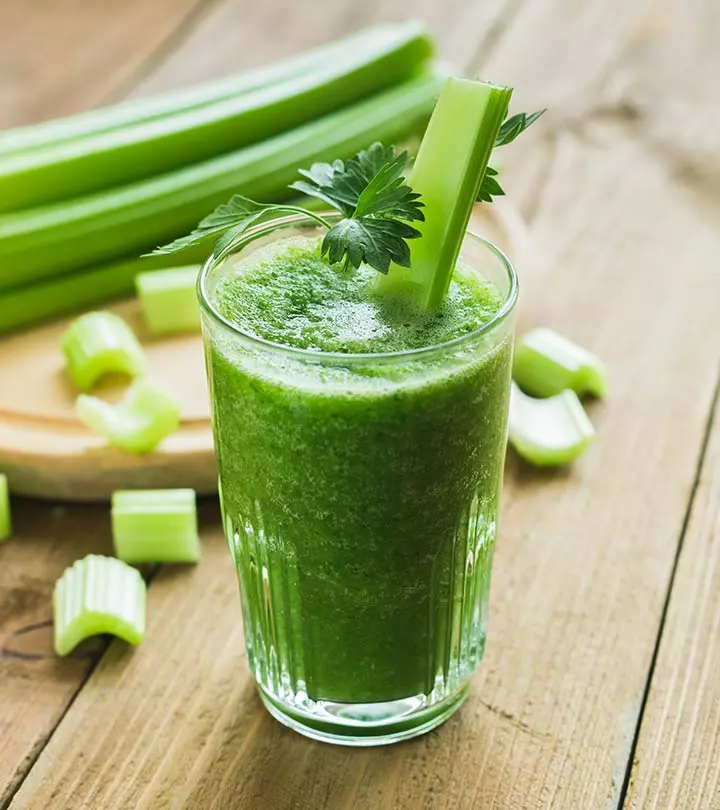
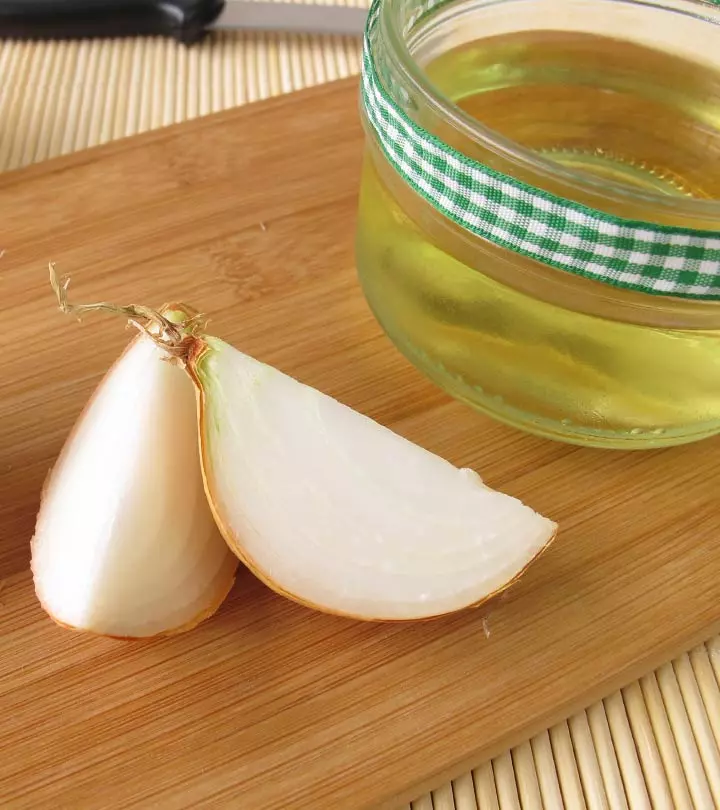
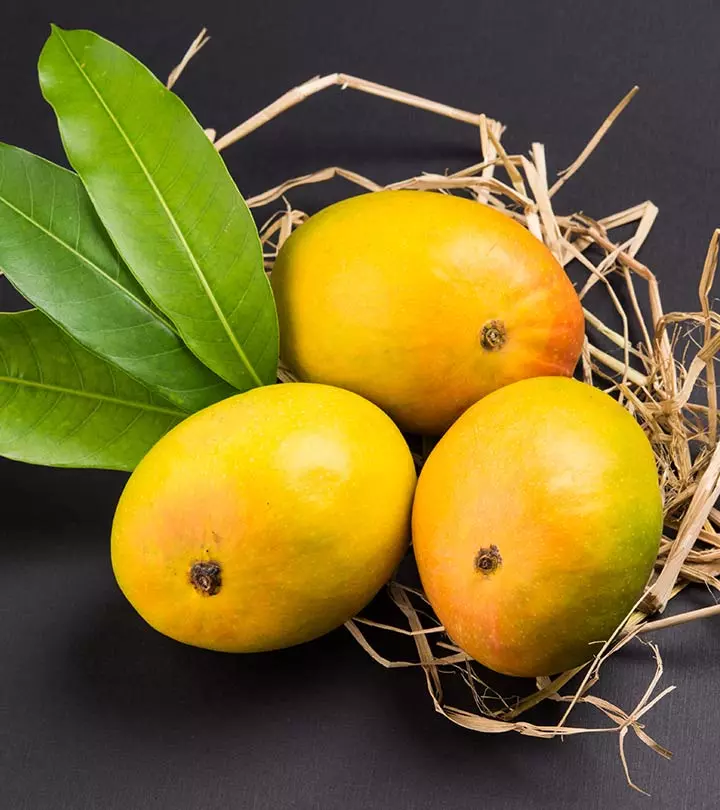
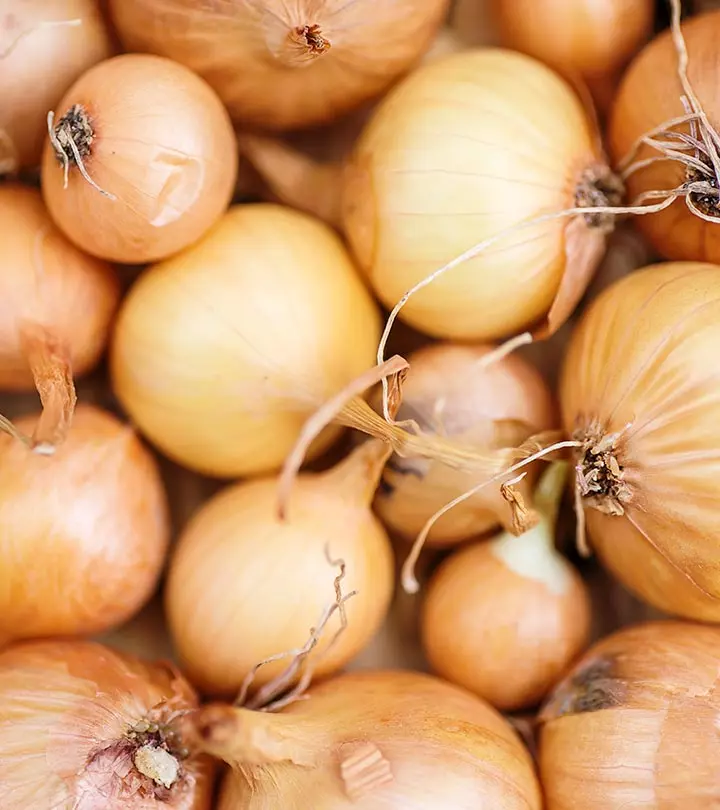
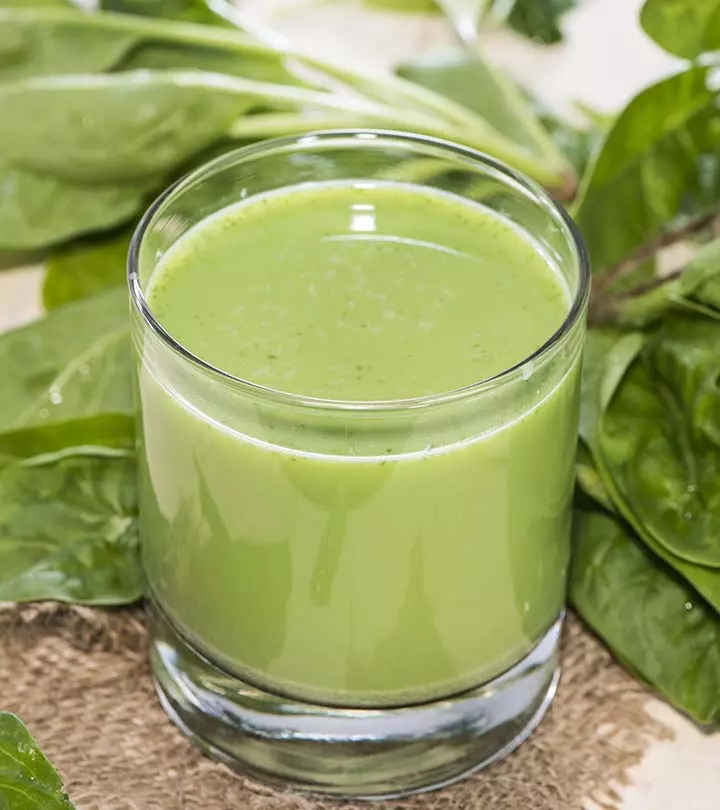
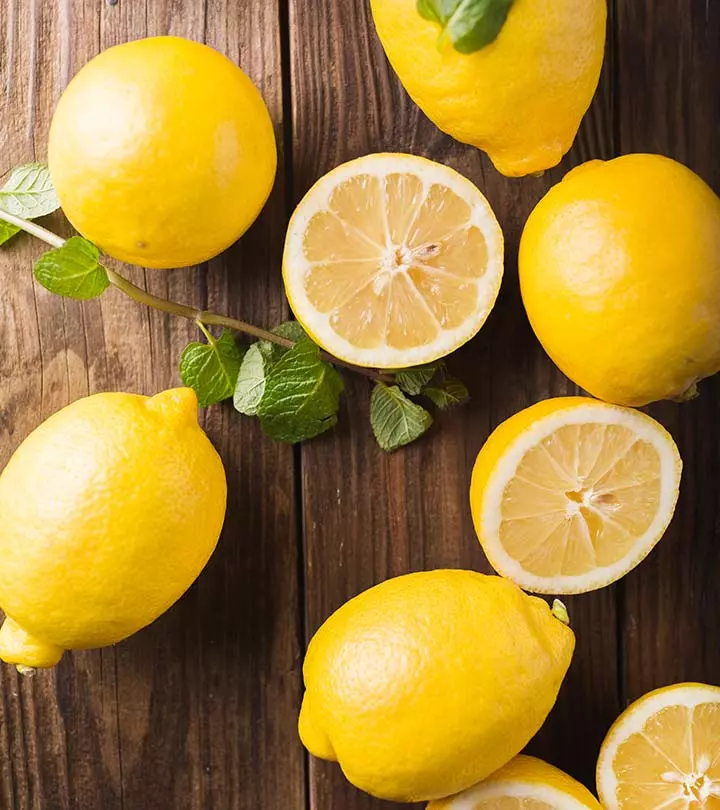
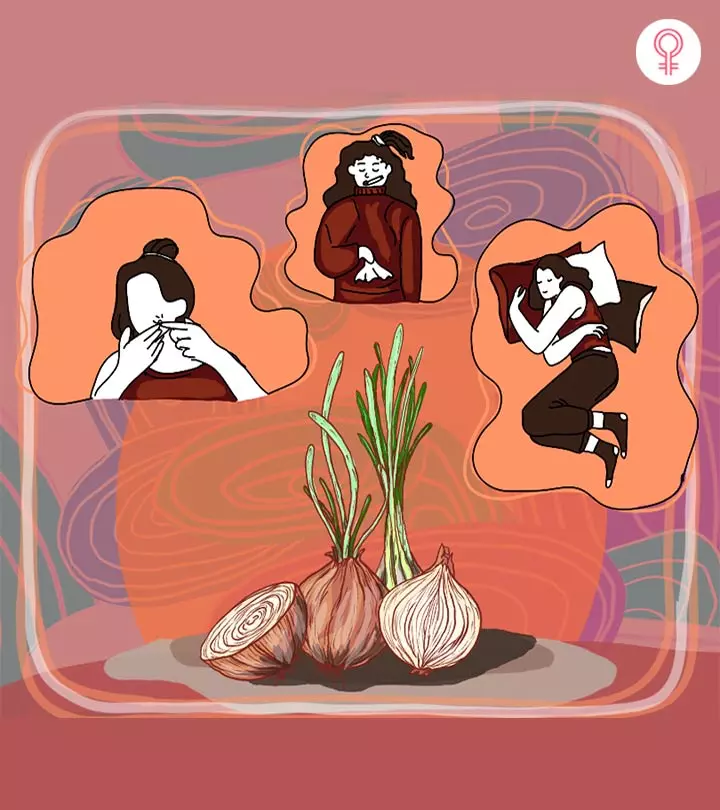

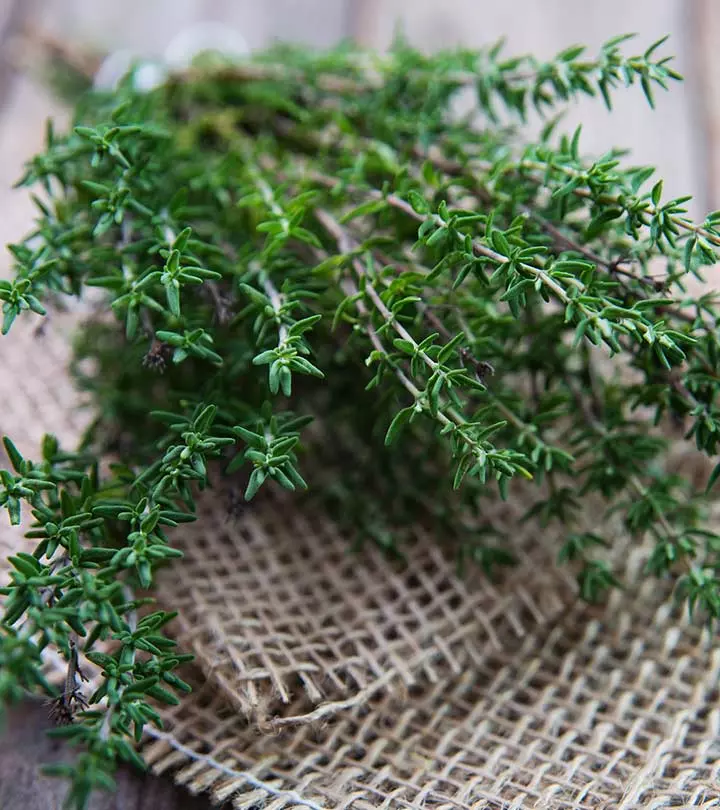
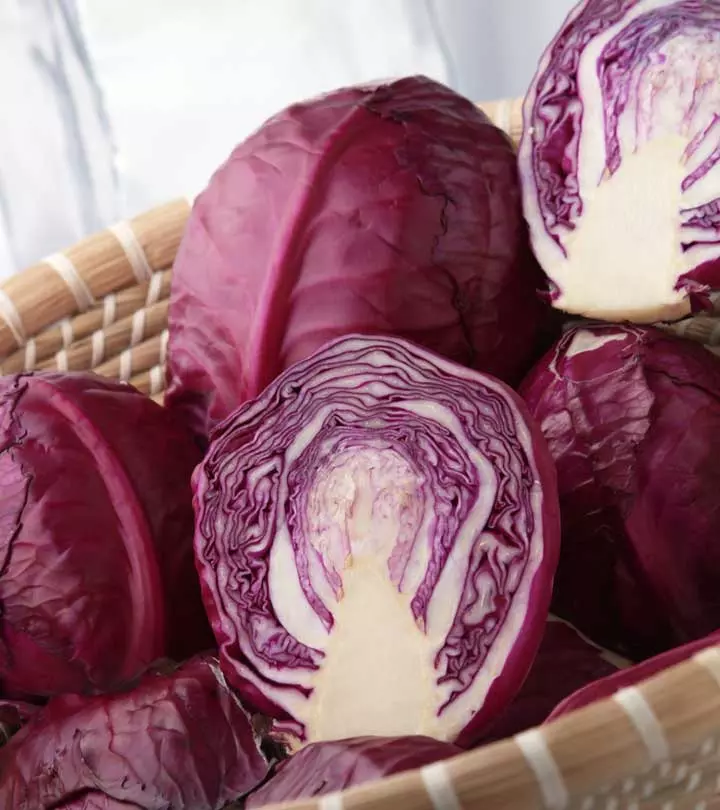

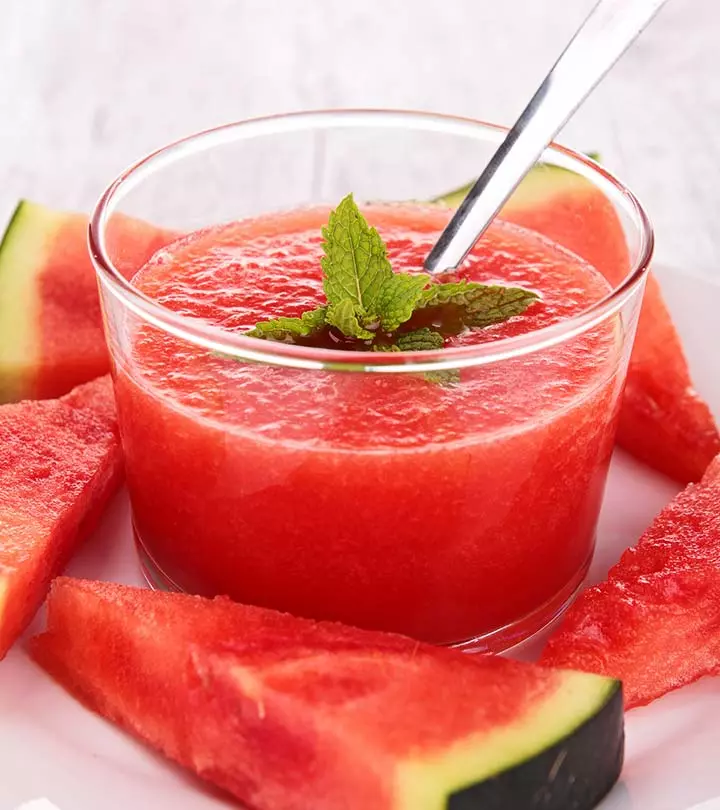
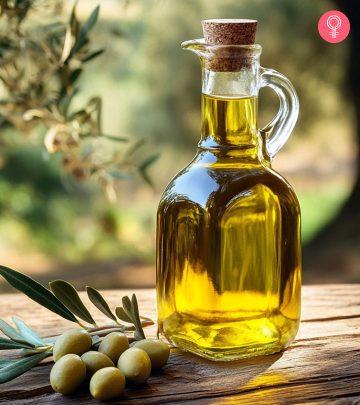
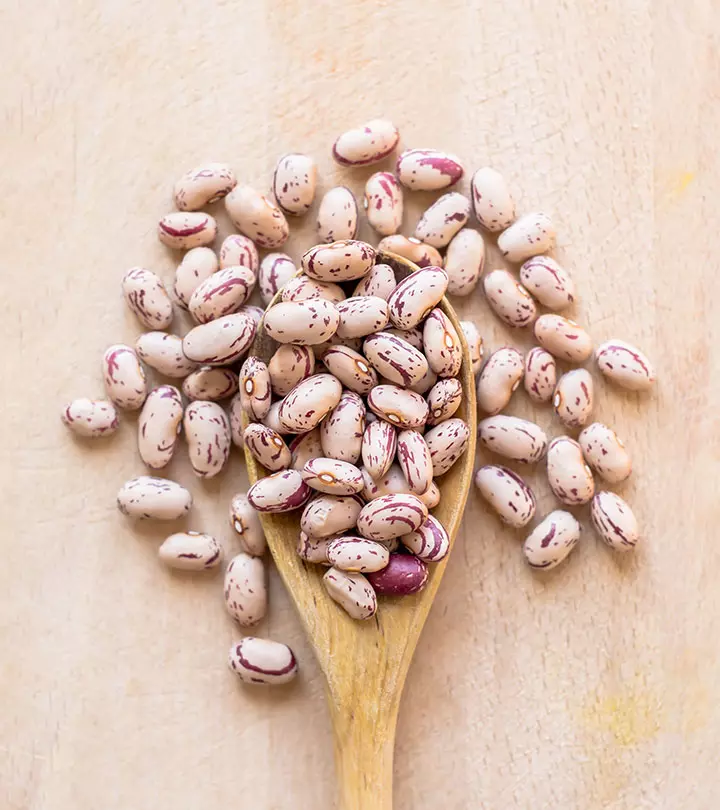
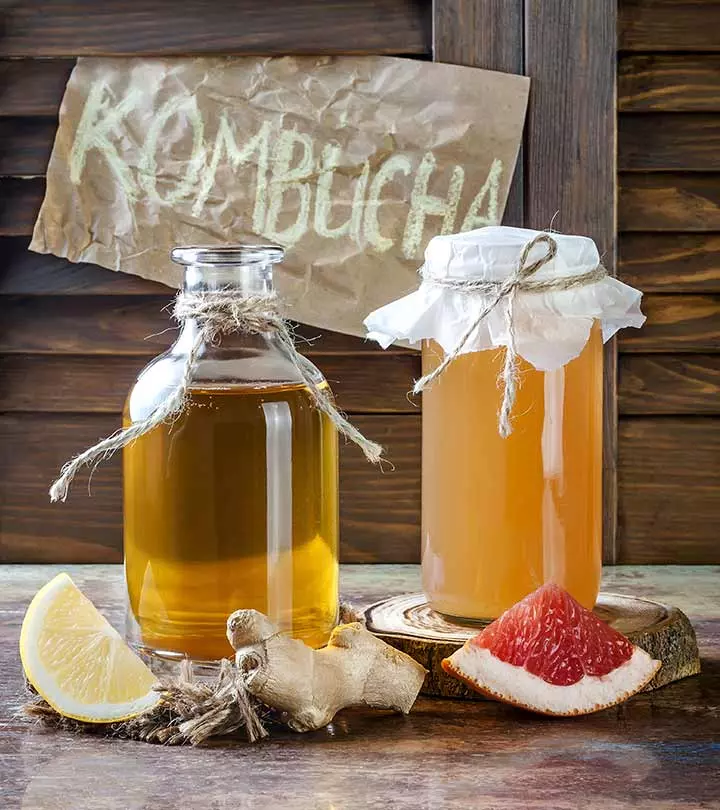
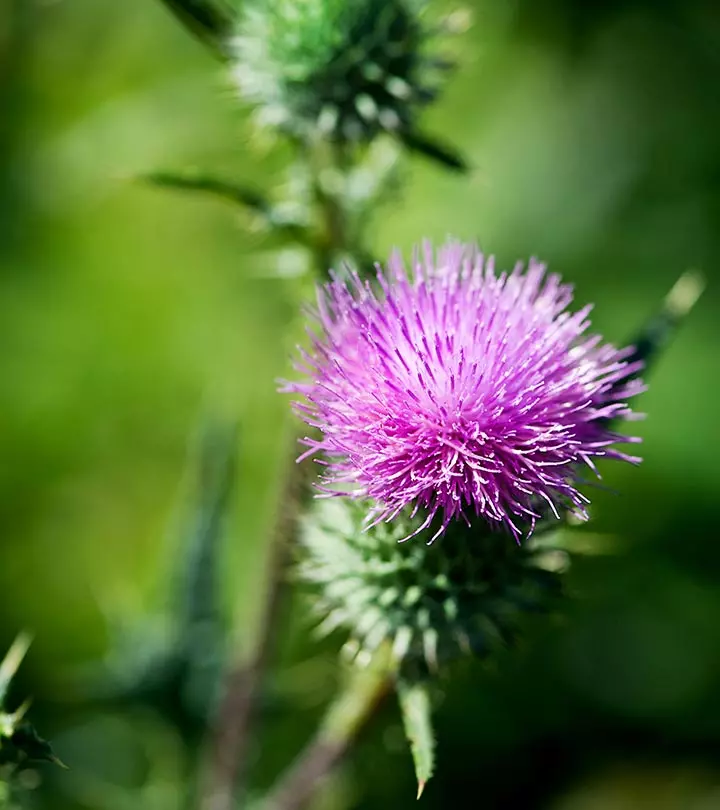
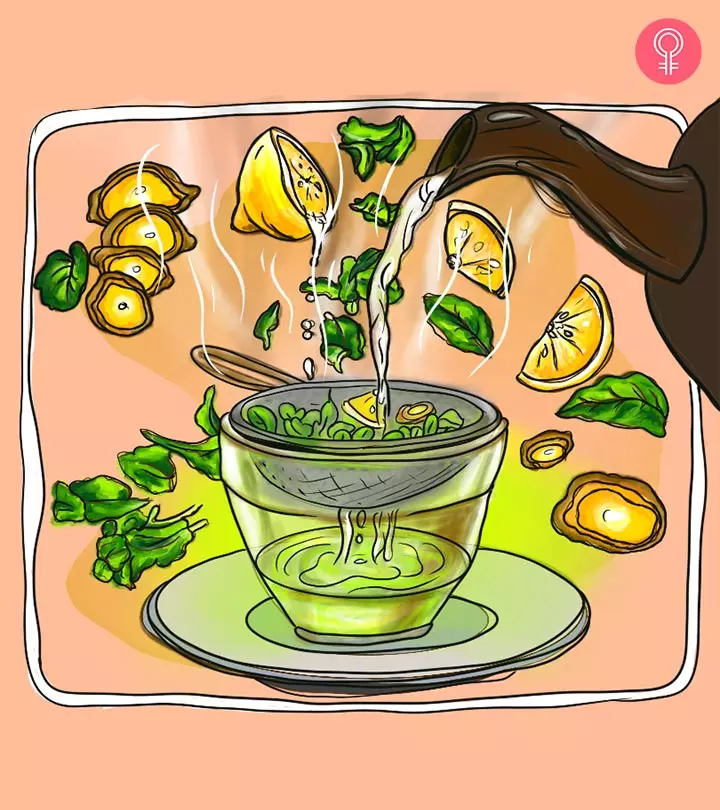
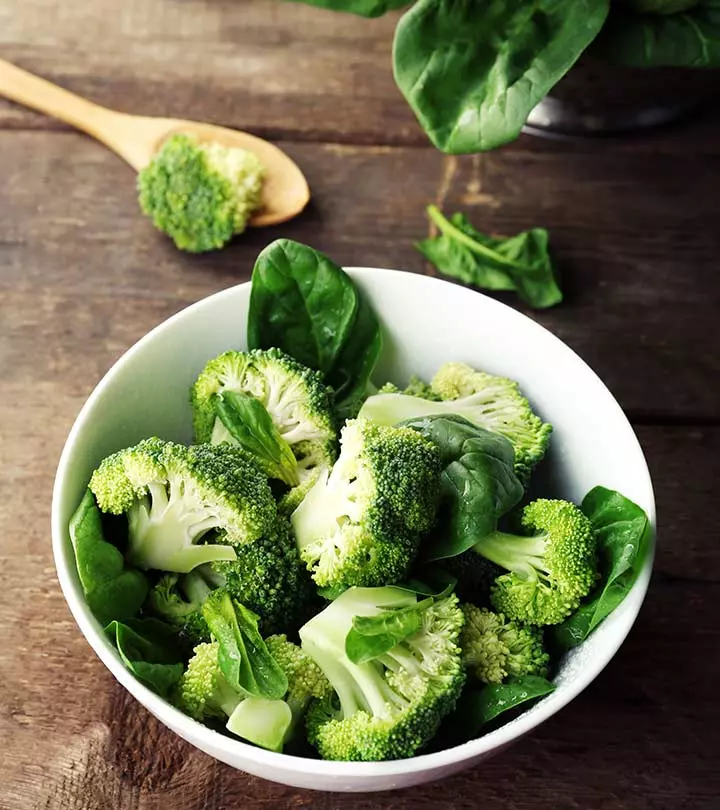
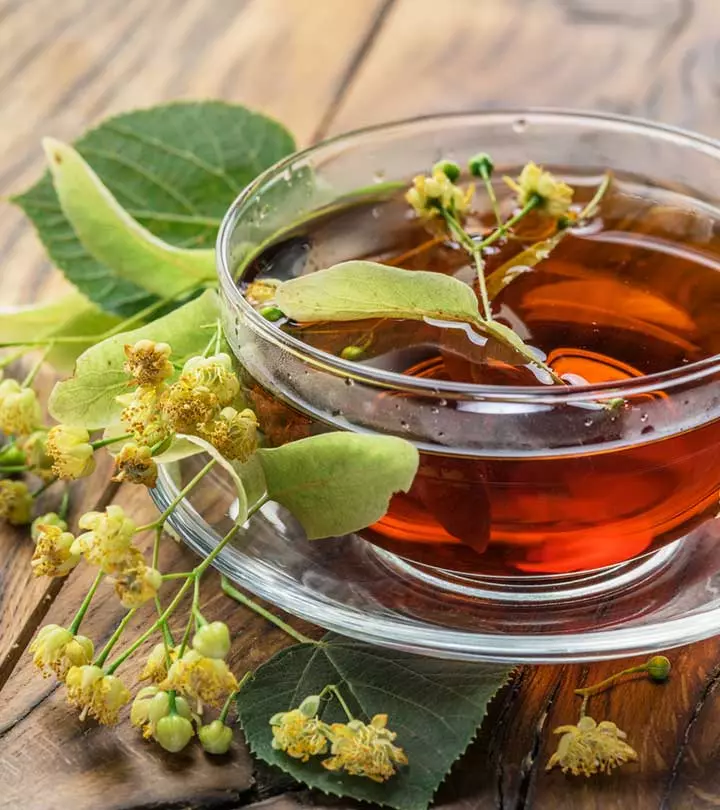
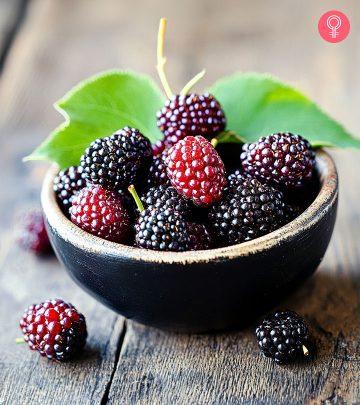
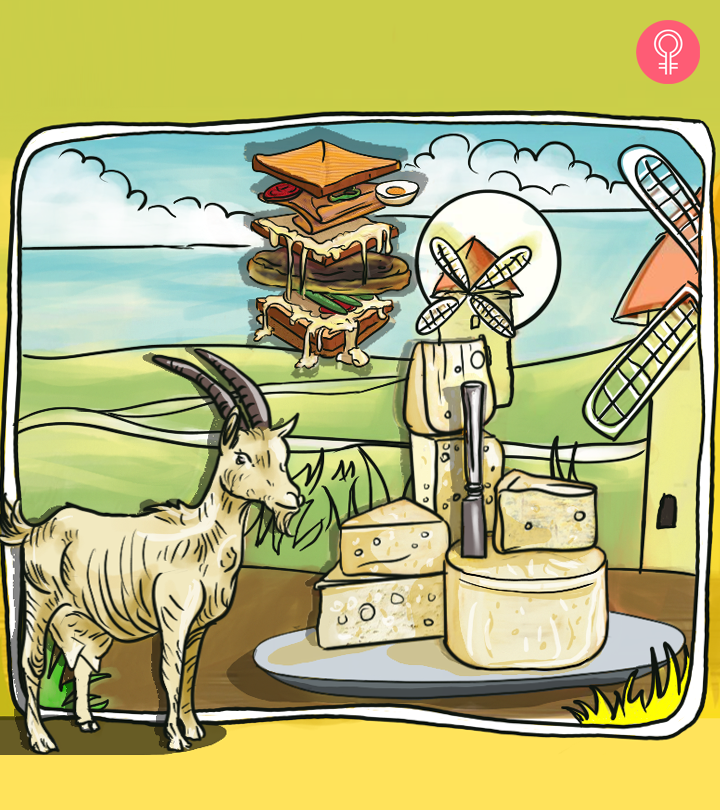
Community Experiences
Join the conversation and become a part of our empowering community! Share your stories, experiences, and insights to connect with other beauty, lifestyle, and health enthusiasts.